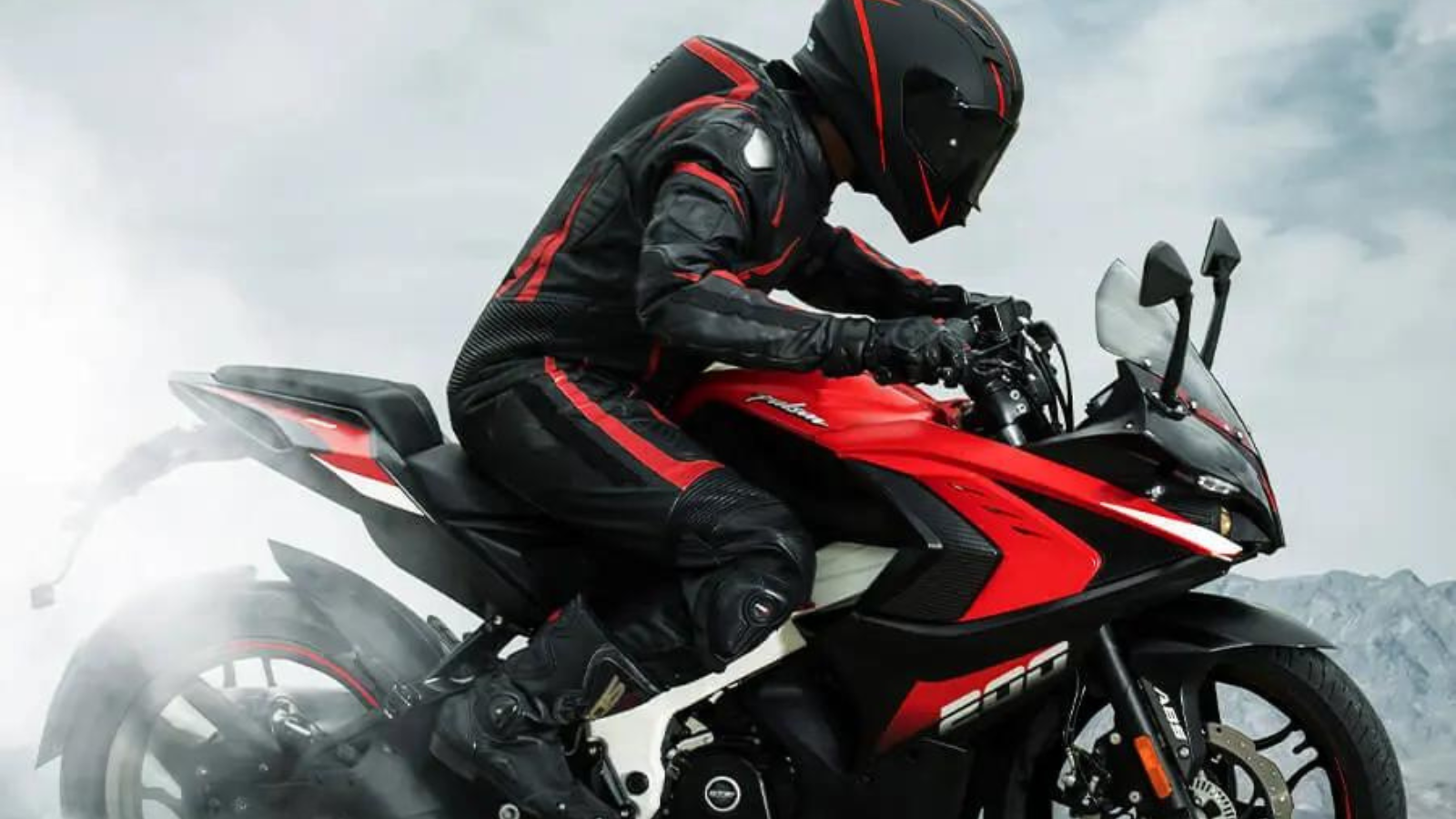The investment, approximately ₹84 crores at current exchange rates, is designed to support business growth and meet the increasing demands of Bajaj’s operations in Brazil. The funds will be allocated in phases, depending on business needs and plans.
Bajaj Brazil, which was established on March 31, 2022, has demonstrated progress in the Brazilian motorcycle market.
First overseas plant
Bajaj Auto had recently inaugurated its manufacturing facility in the Manaus free trade zone in June 2024, boasting an annual production capacity of 20,000 units on a single shift.
Currently, Bajaj Brazil markets motorcycles under the ‘Dominar’ brand.
Over the last year, Bajaj Brazil’s operations generated approximately ₹250 crores in revenue from sales of around 9,000 motorcycles. Following the new investment, Bajaj Auto will retain full ownership of its Brazilian subsidiary.Notably, the Manaus plant represents Bajaj Auto’s first manufacturing facility outside India. Unlike its operations in other countries, where it typically employs a distribution-led model, this facility allows for direct manufacturing.
The factory spans 9,600 square meters and is equipped for engine assembly, vehicle assembly, and testing, with potential to expand production capacity to 50,000 units annually in the future.
“With the establishment of our own plant in Brazil, we have achieved a quantum shift in our local capability to fulfill demand,” said Rakesh Sharma, Executive Director of Bajaj Auto.
“Our Dominar brand has received an outstanding reception since its launch 18 months ago. The new manufacturing capabilities will enable us to build a wider distribution network, introduce new products, and meet the growing expectations of our customers,” Sharma had added.
The company also formed a global alliance with UK-based motorcycle maker Triumph to co-develop mid-weight motorcycles, with Triumph already having a manufacturing presence in Brazil.
The strategic location of the Manaus plant allows Bajaj Auto to capitalise on substantial fiscal incentives from the state, as well as its proximity to key supply chains and transportation hubs.
According to market research firm IMARC Group, Latin America’s two-wheeler market, which reached 10.6 million units in 2022, is projected to grow to 23.7 million units by 2028, with a compound annual growth rate (CAGR) of 14.2% during the 2023-2028 period.
Source link
 meganwoolsey Home
meganwoolsey Home




